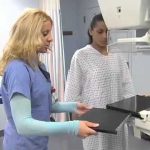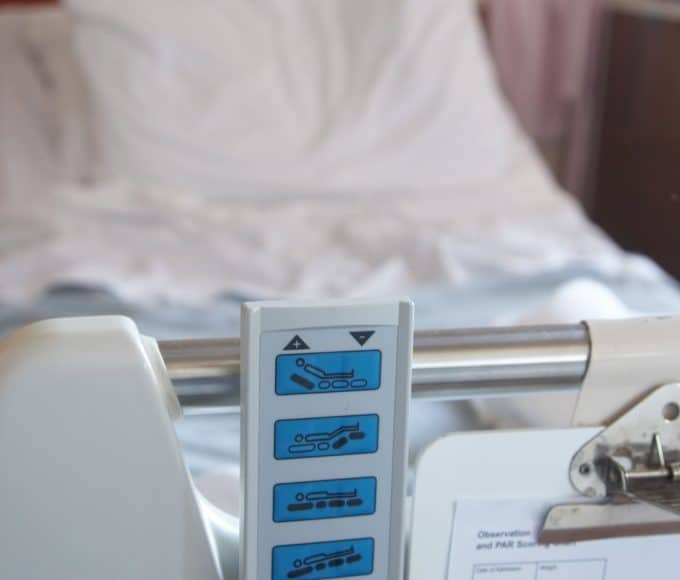In recent years many parents and health officials alike have been drawing attention to the overdiagnosis of ADHD and the subsequent prescribing of medication, but a new study has taken a look at which children are most likely to be overdiagnosed.
The study, published this week in the journal “Pediatrics,” found that the children in the youngest third of their class are up to 50% more likely to be prescribed ADHD medication than their older peers. They attribute this in part to the fact that this demographic also tends to perform worse on standardized math and English tests, one of the things professionals look at when making a diagnosis.
This isn’t the first study to make a correlation between age and ADHD. A group of researchers from Canada reviewed medical records of about 1 million children aged 6-12 years old and found that the youngest males in their grade level were 30% more likely to be treated for ADHD and females were 70% more likely.
For the latest study, researchers in Iceland studied examined both test scores and medical records of 12,000 9-12 year olds. They discovered that 8% of the youngest third of the class were prescribed ADHD medication compared to only 5% or 6% of their older classmates. The discrepancy was most evident in the younger age category but was still prevalent as late as the 7th grade. “Researchers always assumed that academic differences due to age would completely disappear once children reached high school, but we don’t really know,” said study co-author Sonia Hernandez-Diaz. She went on to say that: “Age should be considered when evaluating children for an ADHD diagnosis and a prescription of a stimulant such as Ritalin. Parents and teachers need to be aware that kids may just be action their age if they’re a year younger than some of their peers and are struggling a bit emotionally and academically.”















